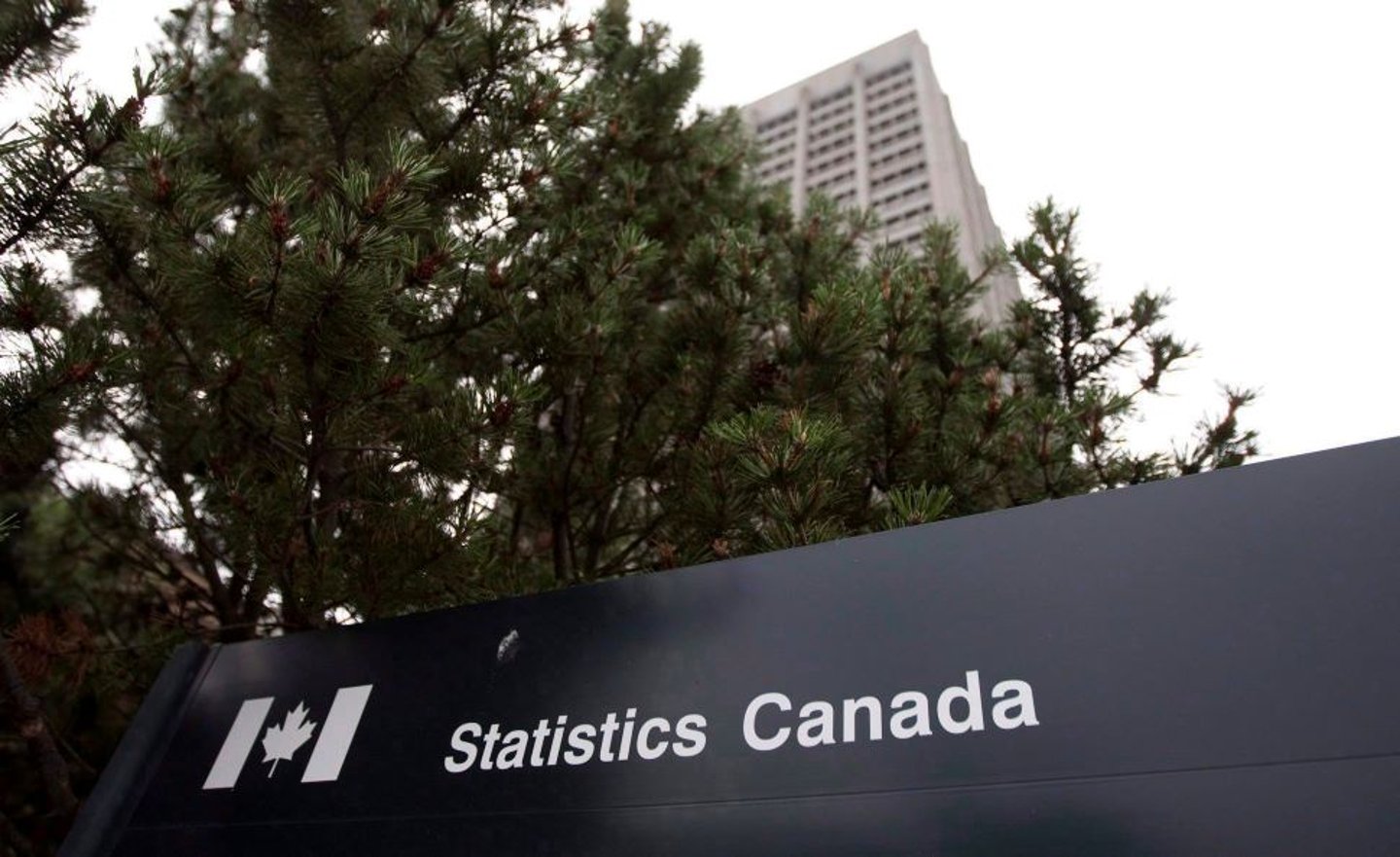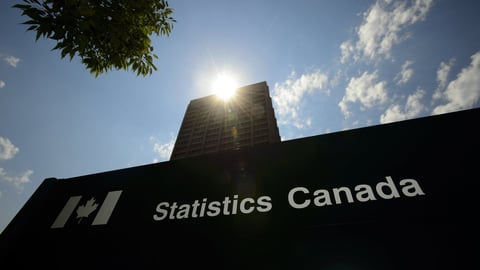Annual inflation falls to 1.6% in September, smallest yearly increase since 2021
Statistics Canada says the annual inflation rate continued to slow in September as drivers paid lower prices for gasoline than they did last year.
The agency said its consumer price index for September was up 1.6% from a year ago compared with a year-over-year increase of 2.0% in August.
It was the slowest annual pace for inflation since February 2021 when it was 1.1%.
Gasoline prices in September fell 10.7% compared with a year earlier. Excluding gasoline, the annual pace of inflation was 2.2% in September.
Meanwhile, rent prices increased at a slower pace in the month but remained elevated as they rose 8.2% compared with a year ago following a year-over-year gain of 8.9% in August.
Statistics Canada said prices for food purchased from stores rose faster than overall inflation as they increased 2.4% in September, the same rate as in August. Prices for fresh or frozen beef gained 9.2%, while edible fats and oils rose 7.8% and eggs increased 5.0%.
Prices for food purchased from restaurants rose 3.5% compared with 3.4% in August.
The inflation report is the last major piece of economic data before the Bank of Canada’s interest rate decision on Oct. 23.
The central bank, which has a target of two per cent for inflation, has cut its key interest rate three times so far this year to bring it to 4.25%.
Economist Tu Nguyen of accounting and consultancy firm RSM Canada said she had expected the inflation rate to remain close to the central bank's 2.0% target, where it was in August, for a few more months.
"This is one of the instances where I'm happy to be wrong," she said.
Nguyen said while the Bank of Canada has favoured a slow and gradual pace of 25-basis-point cuts each time, the inflation report raises the odds of a 50-basis-point cut.
"It's clear that we are well behind the curve when it comes to rate cuts," she said.
The inflation report is the last major piece of economic data before the Bank of Canada’s interest rate decision on Oct. 23 when it will also update its economic forecasts in its monetary policy report.
READ: Inflation, interest rates eroded Canadians' purchasing power since 2022: PBO report
Governor Tiff Macklem has said it is reasonable to expect more interest rate cuts are coming, given the progress made on inflation, but the pace and timing of cuts will depend on the central bank's evaluation of the economic data.
Here's a list of September inflation rates for Canadian provinces:
Here's what happened in the provinces (previous month in brackets):
— Newfoundland and Labrador: 0.7% (1.3)
— Prince Edward Island: 1.0% (1.2)
— Nova Scotia: 0.9% (1.2)
— New Brunswick: 0.9% (1.8)
— Quebec: 1.3% (1.5)
— Ontario: 1.9% (2.1)
— Manitoba: 0.8% (1.3)
— Saskatchewan: 0.7% (1.1)
— Alberta: 1.9% (2.0)
— British Columbia: 2.0% (2.4)
With additional files from The Canadian Press


